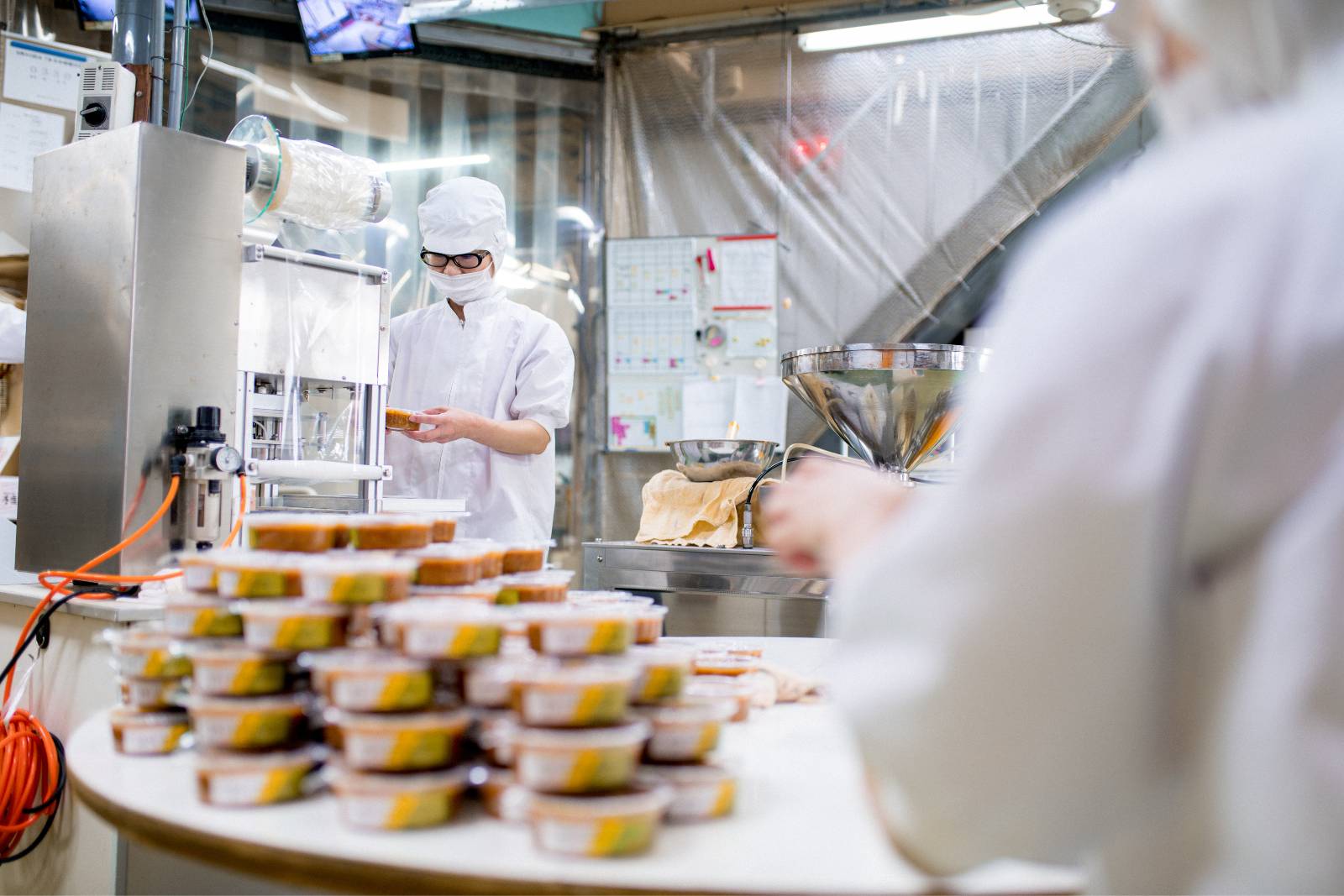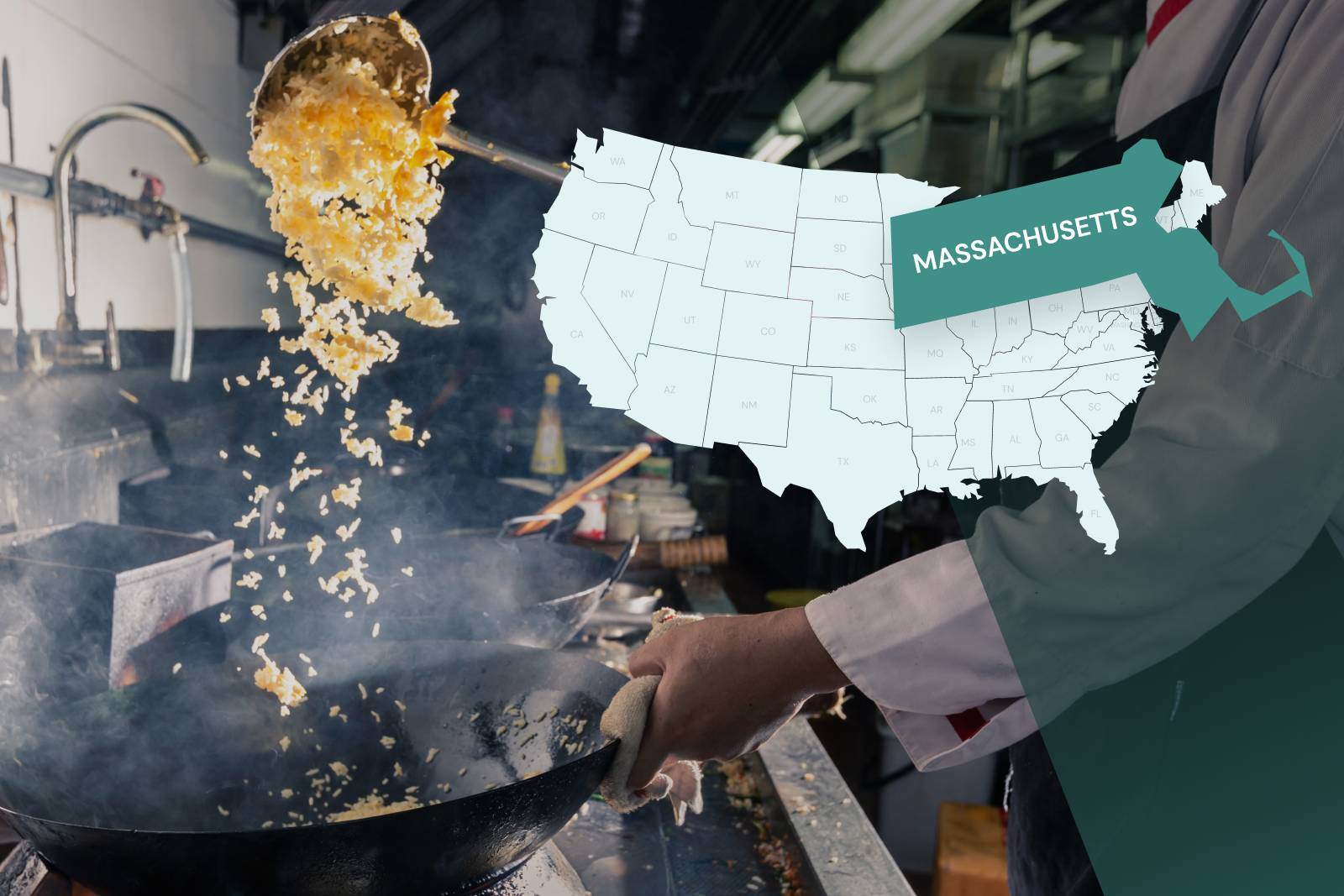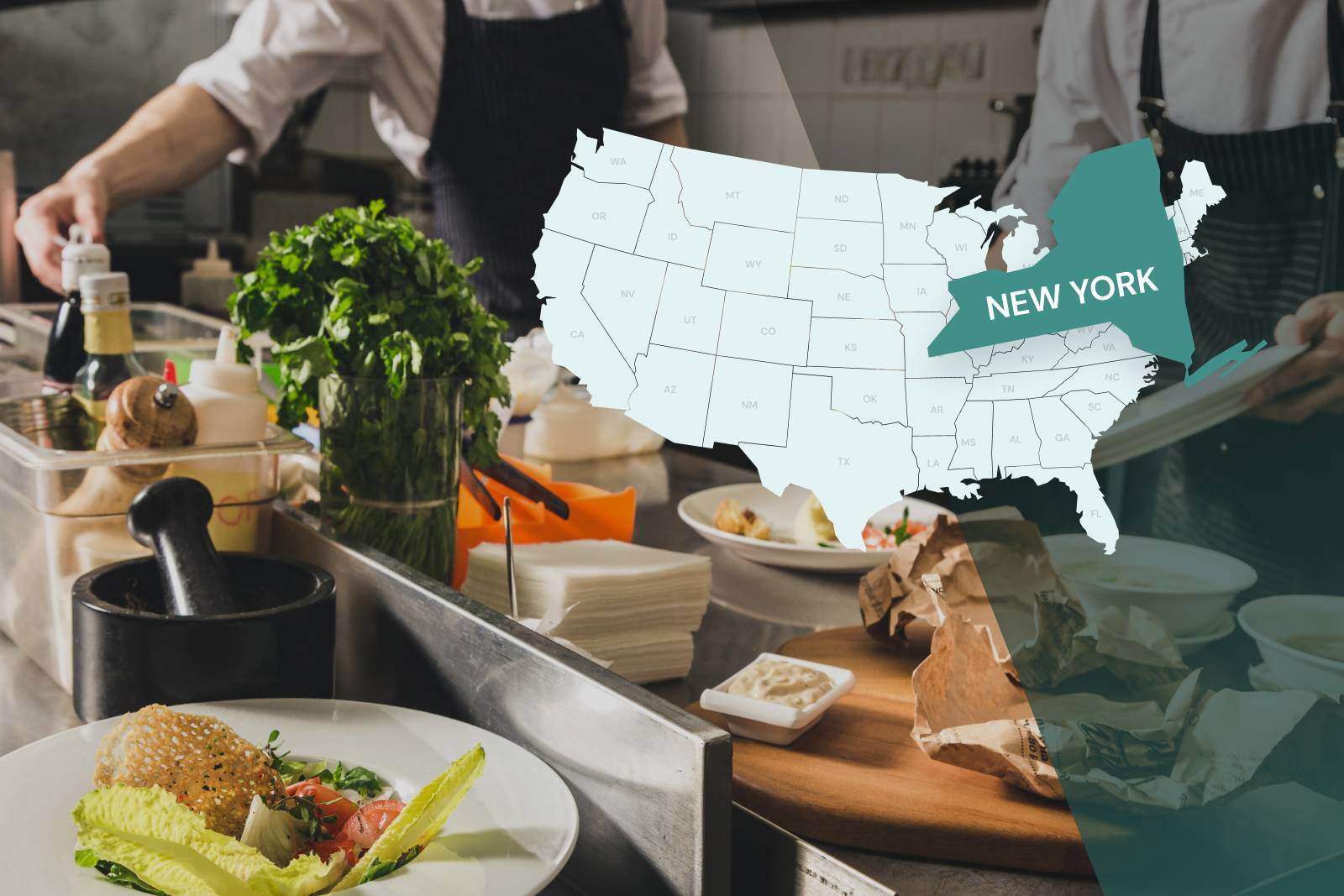Food recalls provide the food industry with essential information that prevents the spread of foodborne illnesses. Do you know what to do if a food is recalled from your establishment?
Food recalls protect public health and safety. However, the globalization of the food supply chain has made threats to food safety more extreme than ever before, particularly because safety regulations vary worldwide.
Being proactive during a food recall safeguards your customers' health and protects your establishment's reputation. In this article, we’ll demystify food recalls, equipping you with the knowledge to handle them effectively and protect your business.
We’ll cover:
What are the regulations around food recalls?
What happens after a recall has been issued?
How do I learn about food recalls?
How do I prepare my business for food recalls?
What should I do when a product is recalled?
How do I prevent loss as a result of a recall?
What do I do if a food recall leads to a foodborne illness?
What is a food recall?
A food recall is the removal of an “adulterated or misbranded product from commerce” to protect public health.1 Potential contamination by a pathogen, allergen, physical contaminant, or a mislabeled product could all result in a food recall. Recalls can be initiated by a food supplier, the U.S. Food and Drug Administration (FDA), and the U.S. Department of Agriculture (USDA).
If the FDA or USDA has concerns about a product, they must first allow the responsible company to conduct a voluntary recall before taking action. Depending on the severity of the circumstances, the FDA or the USDA can request a recall–or order one.
Recall classifications
The FDA and the USDA both have classification systems for food recalls. The FDA classes include Class I, II, III, and a market withdrawal, while the USDA’s Food Safety and Inspection Service (FSIS) classifies recalls as only Class I, II, or III.
In both cases, these agencies will assign Class I to a recall when there is a “reasonable probability” that the consumption of a product will result in serious health consequences or death. Class II and III recalls are considered less dangerous overall, and a market withdrawal involves a minor violation that would not be subject to legal action by the FDA or which involves no violations at all.2
Recalls are often initiated as precautions, and your proactive measures as a food industry professional play a significant role in ensuring that contaminants never have the chance to make someone sick!
What are the regulations around food recalls?
Most of the regulations related to food recalls appear in the Food Code and the Food Safety Modernization Act (FSMA) and focus on the activities of manufacturers and suppliers.
The FSMA gives the FDA the authority to issue a food recall, and the new Food Traceability Final Rule establishes additional traceability record-keeping requirements for establishments that manufacture, process, pack, or hold foods included on the Food Traceability List (FTL). These requirements aim to create faster identification and rapid removal of potentially contaminated food from the market.
Operators' primary responsibility is to prevent cross-contamination if a recalled item has entered their establishment.
What happens after a recall has been issued?
Once a food recall has been issued, suppliers and manufacturers are responsible for taking action to protect public health.
First, suppliers must stop all sales of recalled items, then notify regulatory bodies, customers who have purchased the recalled product, and consumers. Next, they must retrieve, store, and destroy the recalled products. Then, there must be an investigation to find the root cause of contamination.
If the recalled product caused consumers to be sick or injured, suppliers or manufacturers may need to embark on a public relations campaign to rebuild public trust.
How do I learn about food recalls?
Food recall alerts may come from federal, state, and local jurisdictions, wholesale distributors, and grocery store chains. Let’s review where you should tune in to watch for food recalls.
Federal alert systems
Food and Drug Administration (FDA): Recalls issued by the FDA are included in a weekly “Enforcement Report,” to which operators can subscribe.9
United States Department of Agriculture (USDA): Depending on the recall classification, the FSIS may handle communication in several ways. For Class I and Class II recalls, the FSIS notifies the public with a Recall Release shared with media outlets in the product's distribution areas. In the case of Class I recalls, the FSIS also creates a list of all retail establishments that have purchased the product and then shares that list with the public. You can sign up for FSIS’s newsletter for recall announcements and other updates.10
FoodSafety.gov: This website is managed by the Department of Health & Human Services. You may get duplicate recall alerts, but their newsletter includes many other food safety updates beyond recalls.11
State alert systems
Your state health department is the best resource for statewide information. The notification process varies by state. Some state health departments direct you to the FDA and the USDA, while others may provide added resources and/or list the recalls on their website.
Local alert systems
Familiarizing yourself with your local health department is simply part of the job description for leaders in the foodservice industry. While these departments will often direct you back to federal recall alerts, it’s best practice to at least know where to look for local updates.
Wholesale food distributor alert systems
If the recall comes from one of your wholesale distributors, they will contact you in case of a recall. Distributors keep track of who purchases what food and when and can generate a list of all those who purchased items being recalled.
How do I prepare my business for food recalls?
Proactive planning is the best way to mitigate how much a food recall impacts your business. At a minimum, you should sign up to receive alerts from federal and local authorities and set a regular schedule to check their websites for updates.
Most food establishments must have a hazard control program in place–either Hazard Analysis Critical Control Points (HACCP) or Risk-Based Preventive Controls (HARPC)–and plans for managing the impact of a food recall should be part of it. Hazard control programs can either stand alone or fit into your greater emergency response plans.
What should I do when a product is recalled?
Let’s examine what steps to take if you receive an alert about a food recall that impacts your establishment.
Identify and separate all recalled items: Check your whole kitchen for the recalled items, including dry storage areas, prep areas, coolers, and the freezer. If the product has a food label, compare it to the recall notice to ensure you remove the correct items. Once you’ve identified these recalled items, it's essential to separate them from every other food in your kitchen.
Clean and sanitize all food contact surfaces: Always clean and sanitize the area where the recalled items were previously stored so contaminants do not spread.
Store recalled food items: Keep the items in a secure location, away from utensils, equipment, linens, and single-use items–as well as uncontaminated food!
Label recalled products: Write a clear label on all recalled items so that everyone in your kitchen knows to keep them out of the inventory. Labels are critical–and simple–ways to communicate with all staff.
Spread the word: Don’t rely on labels alone! Inform your team not to use the products - verbally, via email, etc.
Return or properly dispose of items: Follow instructions on the recall notification on properly disposing of the items. Are you returning them to the supplier? If so, they will lay out how to do so.12
How do I prevent loss as a result of a recall?
The globalization of the food supply chain has made it difficult to control everything that comes into your establishment. However, working with approved suppliers is an important part of ensuring that only high-quality ingredients reach your door.
Sometimes, you may need to supplement your kitchen with foods from sources other than your usual suppliers. Many operators go to members-only warehouses such as Costco or Restaurant Depot to fill in the gaps. One of the benefits of supplementing your kitchen with supplies from these warehouses is that they will notify you directly about a recall.
Joseph Finazzo, co-owner of Sal’s Caffe Italia in Charlottesville, Virginia, shops for certain supplies at Costco and Sam’s Club. “Fortunately, I have never had to return anything due to a recall,” he explains. “There have been instances where shelves have been vacated due to a produce recall in California (I remember a few times it has happened with romaine lettuce from California, as well as baby spinach). In my experience, the shelves were cleared in time before I could potentially bring home the contaminated product.”13
What should I do if a recalled item causes a foodborne illness?
If a recalled product causes one of your customers to become sick, you should ensure the incident does not spiral into a foodborne illness outbreak.
Once you learn that someone has become ill after eating in your establishment, you’ll want to determine whether the illness was caused by one of the seven pathogens that must be reported to the health department.
If more than one person becomes ill from food served in your establishment, you may need to close temporarily. At the same time, you will need to gather information like customer feedback, staff work schedules, receipts, and ingredient lists.
You’ll want to work closely with your local health department throughout the investigation process until you are cleared to re-open for business.
The Takeaway
The cost of a food recall is undeniably steep. While we can all hope a recall will never happen or impact our business, it is more important to prepare for the inevitable.
Operators who have developed effective hazard control plans and proactively monitor local, state, and national recall alerts will be ready to manage any recalls that come their way. And, if you need a refresher on building and maintaining your establishment's food safety management system, you can always turn to Trust20's Food Manager Training for an extra boost of support.
Staying recall-ready will always pay off in the long run–while protecting your customers
Sources






